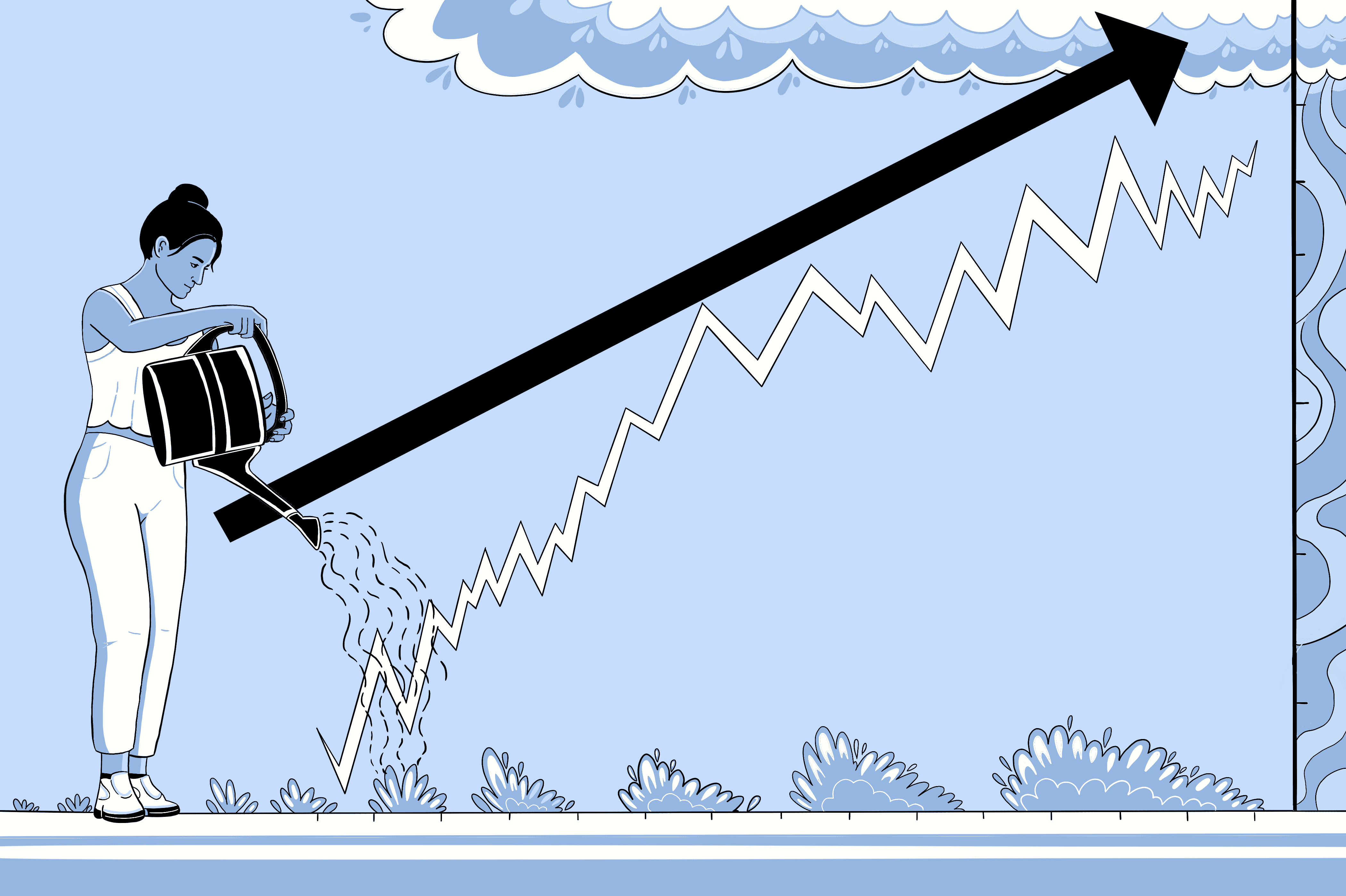The Housing Recession- A comprehensive guide
Introduction to The Housing Recession
Remember 2008? It wasn’t just about stock markets crashing. The housing bubble burst was at the heart of it. But what exactly is a housing recession? At its core, it’s a prolonged period where house prices fall significantly, usually due to economic factors.
The Underlying Causes
Understanding the why’s behind this crash isn’t just academic – it’s essential to prevent a repeat.
- The Bursting of the Bubble: Imagine inflating a balloon. As you blow, it expands. But keep blowing, and eventually, it bursts. That’s what happened with house prices – they kept rising until they couldn’t anymore.
- The Role of Mortgage Lenders: ‘Easy credit’ became the catchphrase. Loans were given without due diligence, creating a market saturated with high-risk mortgages.
- Global Economic Factors: External forces, including oil prices and geopolitical tensions, influenced the nation’s economy, indirectly affecting housing prices.
Effects on Homeowners
The real victims? Average homeowners.
- Foreclosures: Unable to pay off their mortgages, many faced the trauma of foreclosure. Ever had to lose a house you called home?
- Underwater Mortgages: Imagine owing more on a loan than what your property’s worth. A harsh reality for many.
Broader Economic Impact
It wasn’t contained; it rippled through the economy.
- Employment and Job Losses: With construction and realty taking a hit, job losses soared. Remember friends or family losing jobs?
- The Stock Market’s Response: As housing stocks plunged, it took down Wall Street with it.
Recovery Strategies
Climbing out of this mess needed innovative strategies.
- Government Interventions: Federal bodies stepped in, bringing reforms to stabilize the economy.
- The Role of Banks and Lenders:
- Refinancing and Loan Modifications: They introduced options like these to help borrowers and regain trust.
Learning from the Past
History has valuable lessons. By understanding the causes and effects of the housing recession, steps can be implemented to ensure it doesn’t repeat. Do we want another 2008?
Conclusion
The housing recession was more than just falling house prices. It was about people, jobs, dreams, and the broader economy. By ensuring responsible lending and informed investment, future recessions can be averted. Are we ready to take those lessons?
Frequently Asked Questions
- What triggered the housing recession?
- The burst of the housing bubble, reckless lending practices, and global economic factors.
- How long did the housing recession last?
- It began in 2007 and, while the worst was over by 2010, the effects lingered for years.
- Can another housing recession happen?
- While measures have been put in place, economic downturns are cyclical. Vigilance and responsible practices are essential.
- How did the government respond to the recession?
- Through bailouts, reforms, and stimulus packages aimed at stabilizing the economy.
- Is my home’s value likely to decrease like in 2008?
- It’s essential to stay informed about local property values and market conditions. Proper research can safeguard against potential losses.


